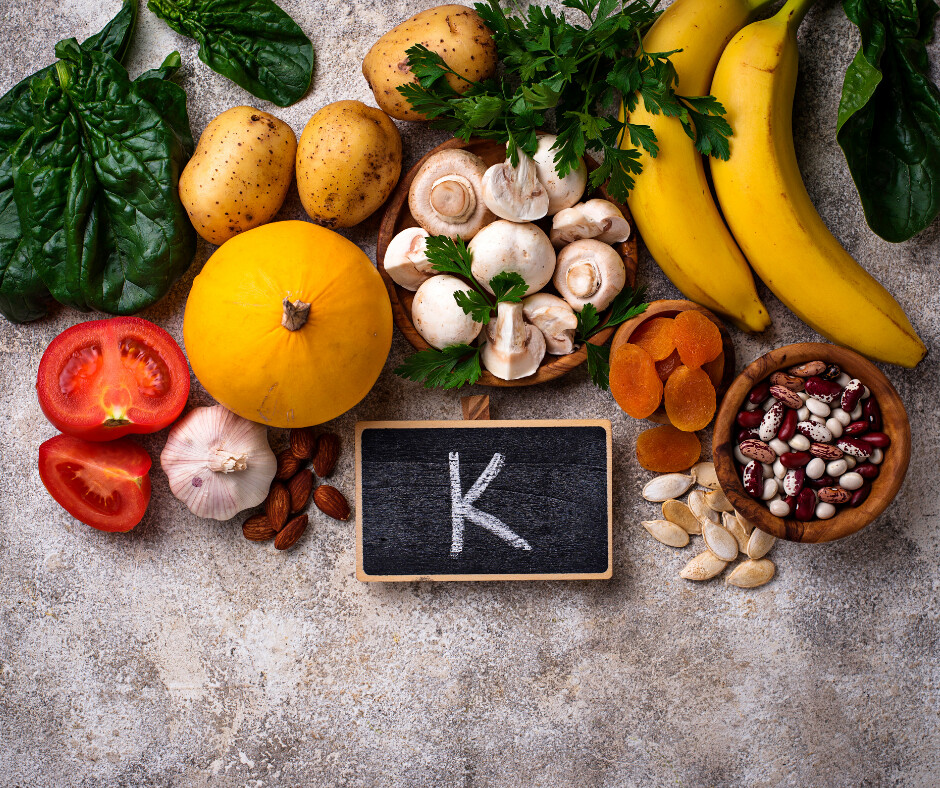
Potassium is one of the required key minerals for your health. It is also an electrolyte that helps the body balance fluid and mineral levels. Electrolytes help electrical signals go from cell to cell. There are lots of foods that are naturally high in potassium and it can also be taken as a supplement. As a supplement, it is known as "K+" and is often paired with magnesium since people are frequently deficient in both. Here are some important things to know about why you need potassium.
Stress and Aging
Damage to the potassium channels happens with aging and when you are under stress. One of the important tissues that can suffer damage is brain tissue. The damage can result in memory loss and and brain fog. Strokes are caused when there is a lack of blood flow to the brain. Several studies have shown that there is a reduced risk of stroke in those that ate potassium rich diets.
Cardiovascular Health
Potassium has been studied for it's ability to support heart health and healthy blood pressure levels. It also supports a healthy heart beat. If your heart does not beat properly, it cannot effectively pump blood to the brain, organs and muscles. Potassium generally moves out of cells as sodium moves in. Eating a potassium rich diet may support healthy blood pressure levels by helping remove excess sodium from your body.
Nervous System
The nervous system relays messages between your brain and body. The nerve impulses control muscle contraction, reflexes, heartbeat and many other body function. So maintaining healthy potassium levels can support your nervous system.
Bone Health
You probably think of calcium when you think of bone health. But it's thought that a diet rich in potassium slows the amount of calcium that is lost through urine. Another way potassium benefits bone health is by removing excess sodium from the body. This allows more minerals to stay in the bone. Several studies have show a correlation between high calcium consumption and bone density.
Foods Rich in Potassium
Eating a diet full of fresh healthy veggies is one the best ways to keep your potassium levels high. Some of the vegetables with the highest levels of potassium include avocados, swiss chard, beets and beet greens, Bok choy, yams, sweet potatoes, beans, spinach, bananas, nuts and peas. If you eat fish, wild caught salmon is a great source of potassium and healthy omega-3 fatty acids. You can drink your potassium by consuming coconut water or boiling banana peels and straining the liquid. In moderation, dried apricots are a healthy and potassium-rich snack choice.
Did this help you? If so, I'd greatly appreciate it if you commented and/or share it on social media.

Email: sharonledwards@hotmail.com
Facebook: https://www.facebook.com/sharonledwardsbiz/



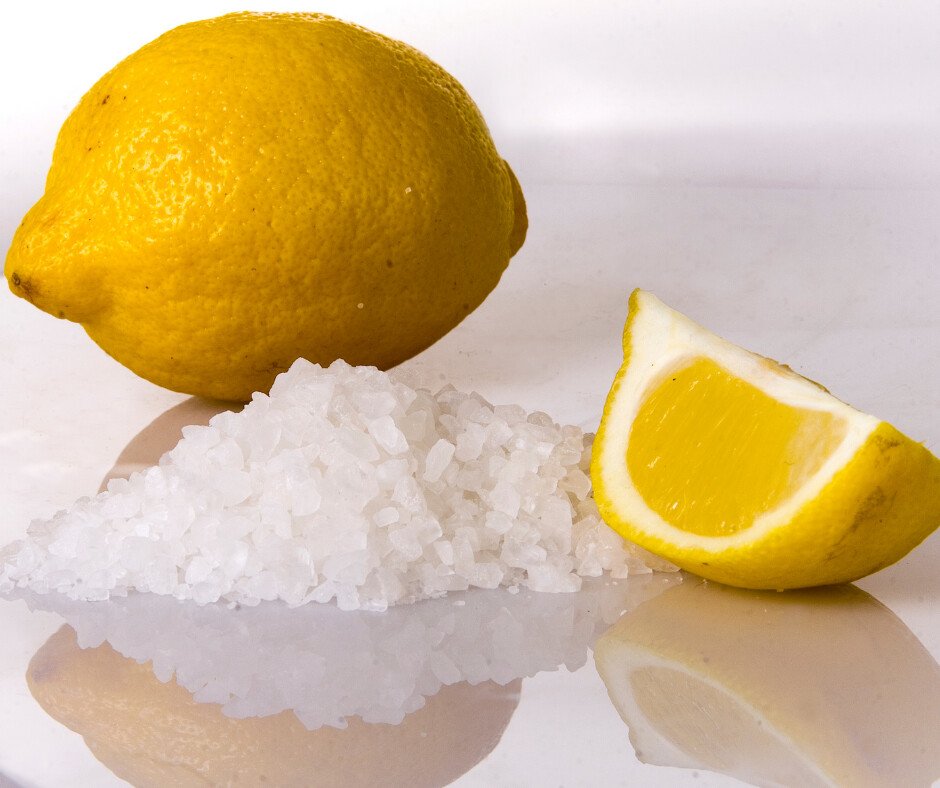
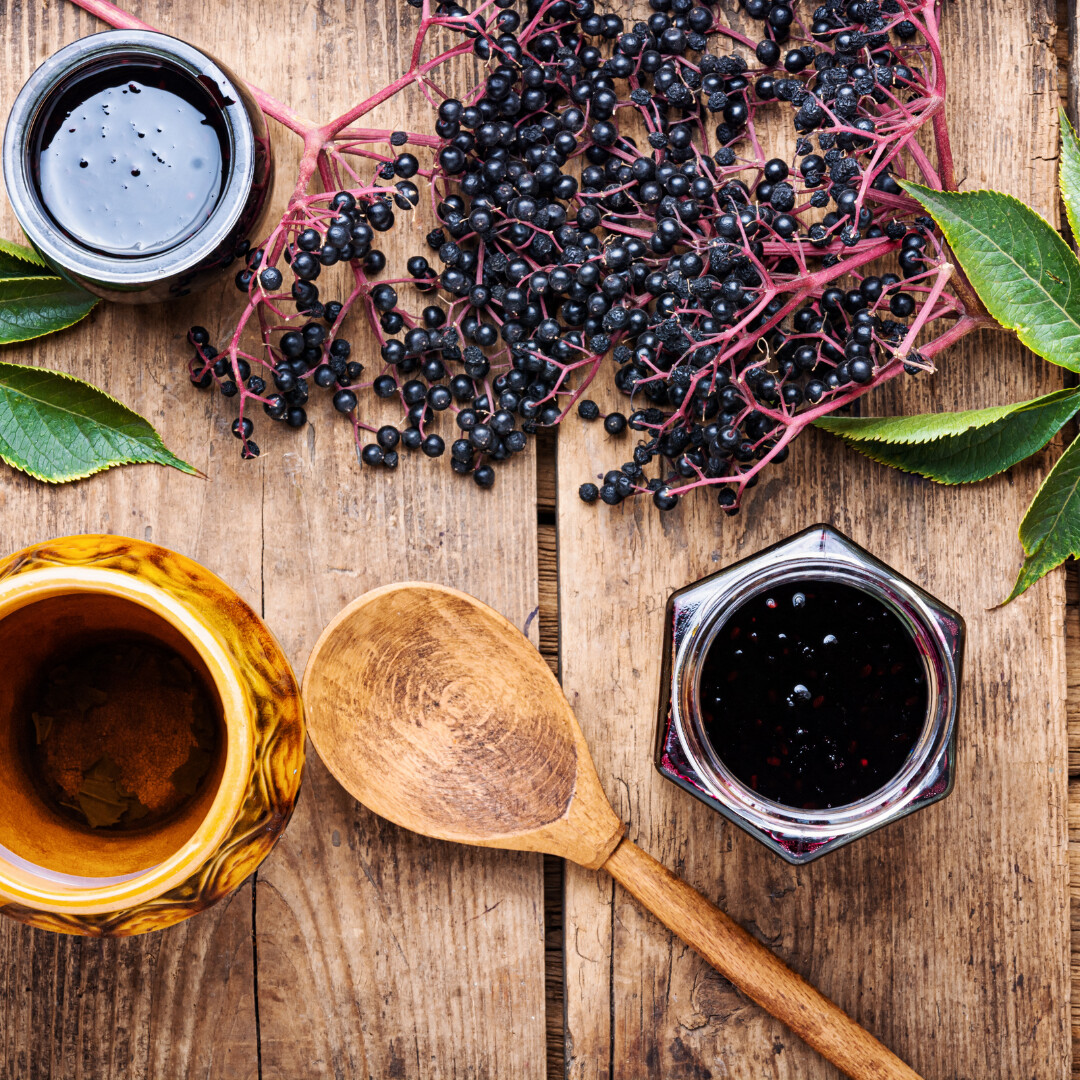

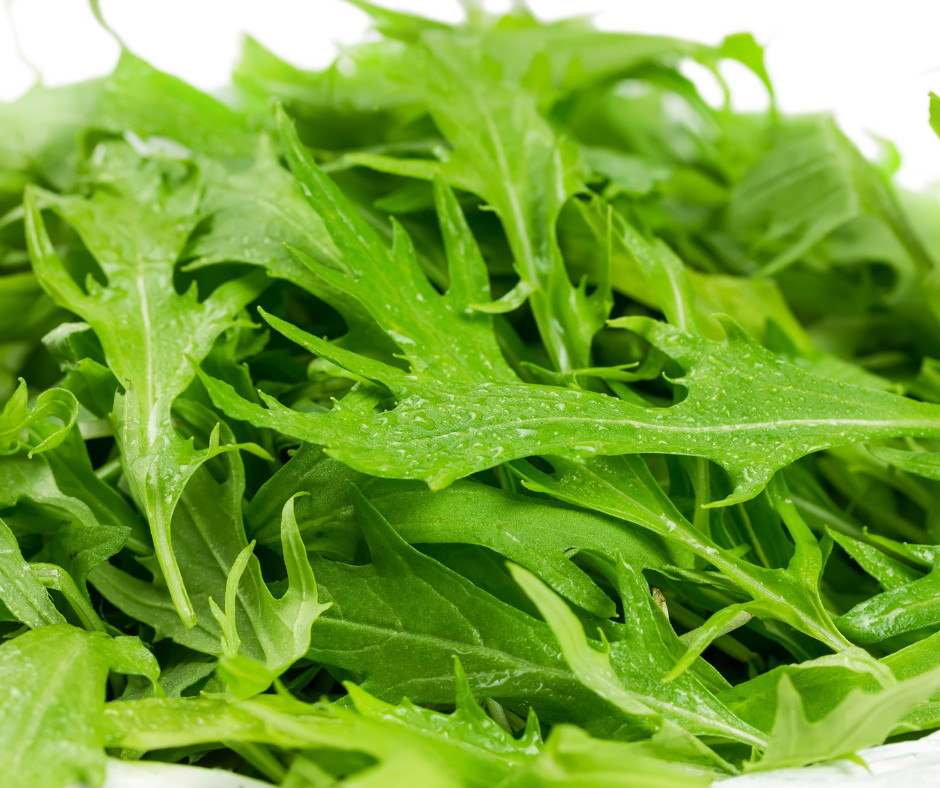

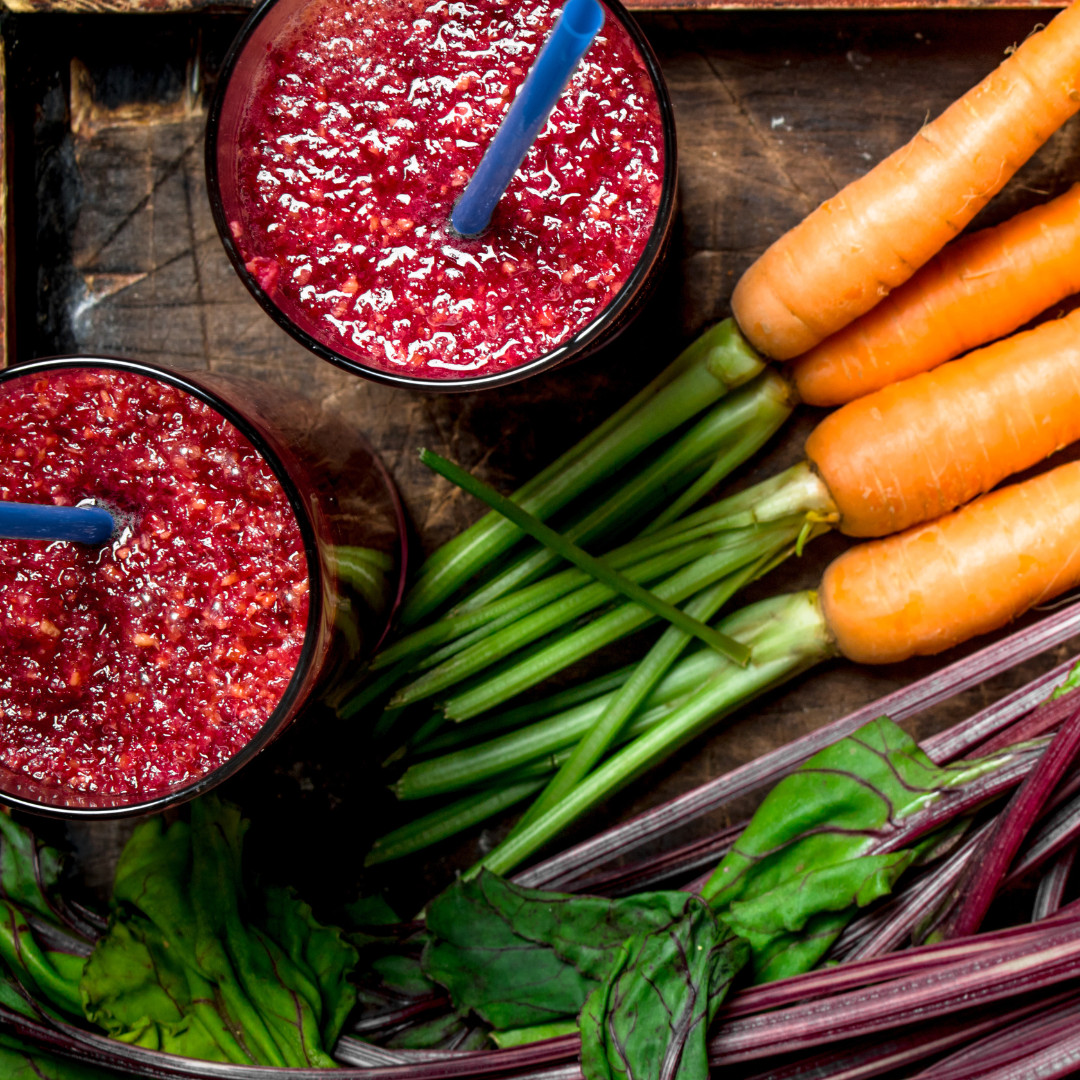
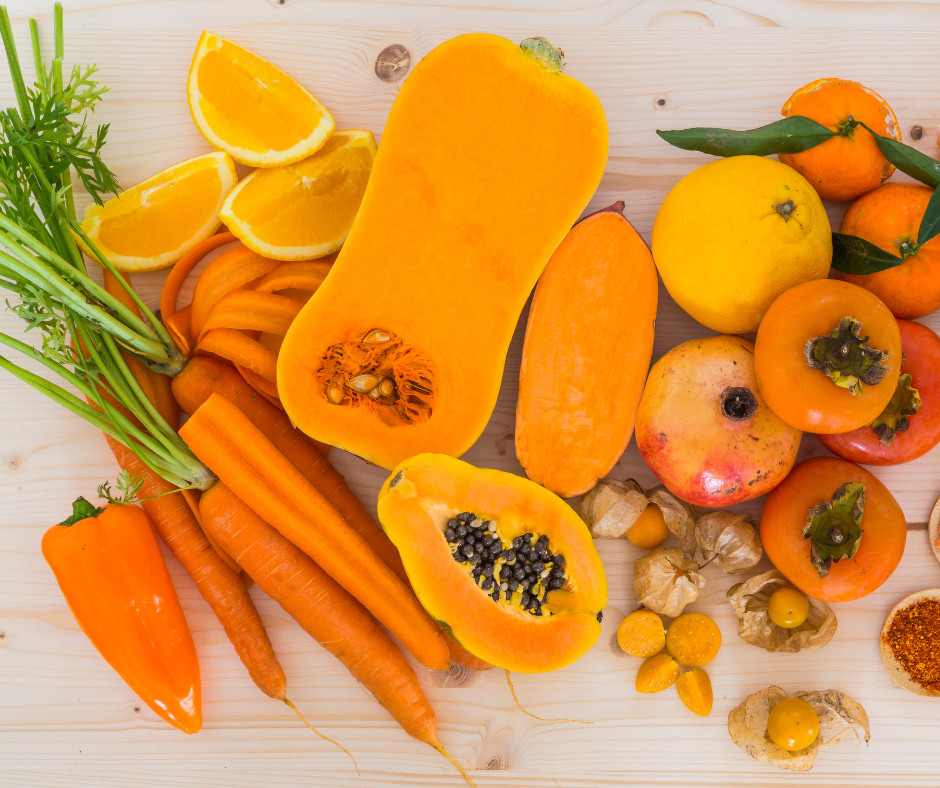
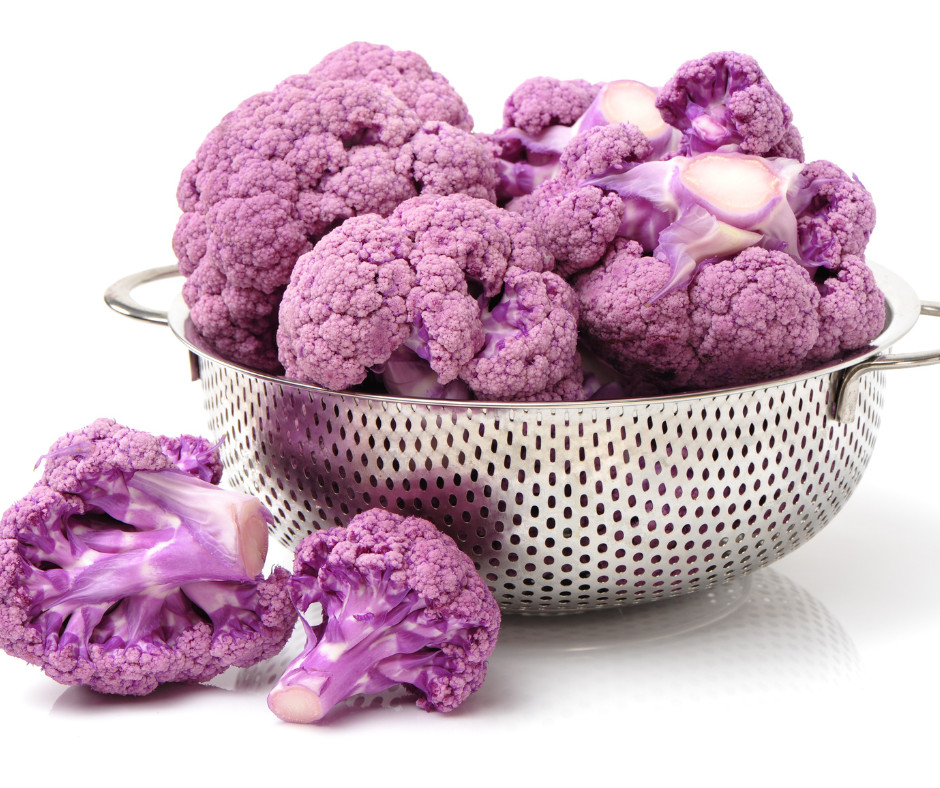
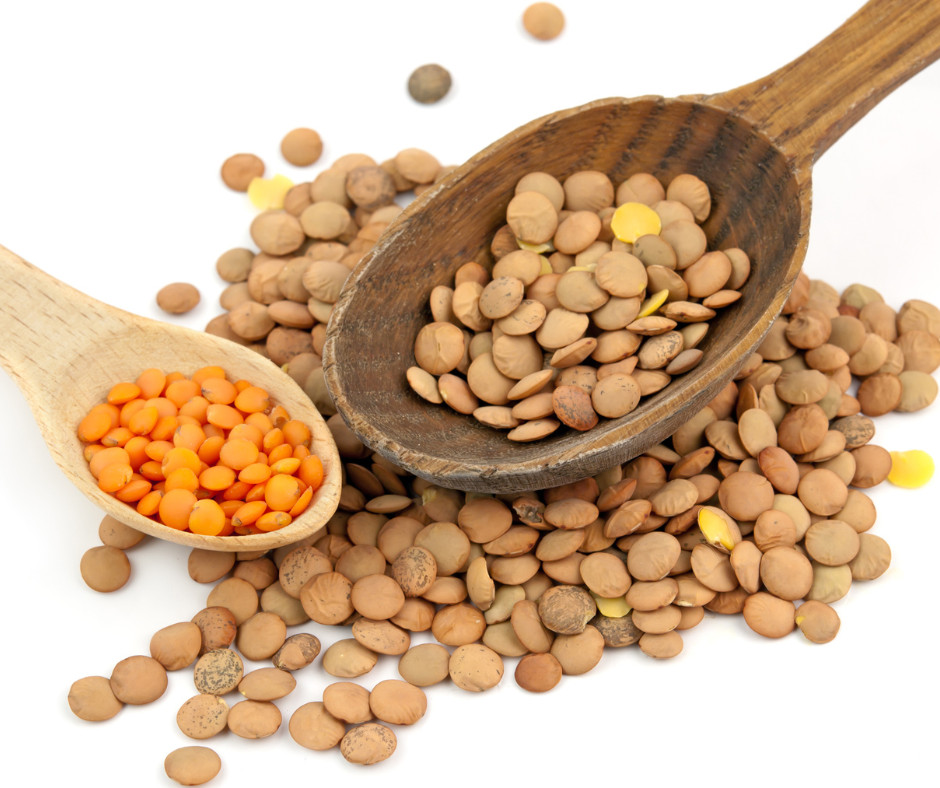
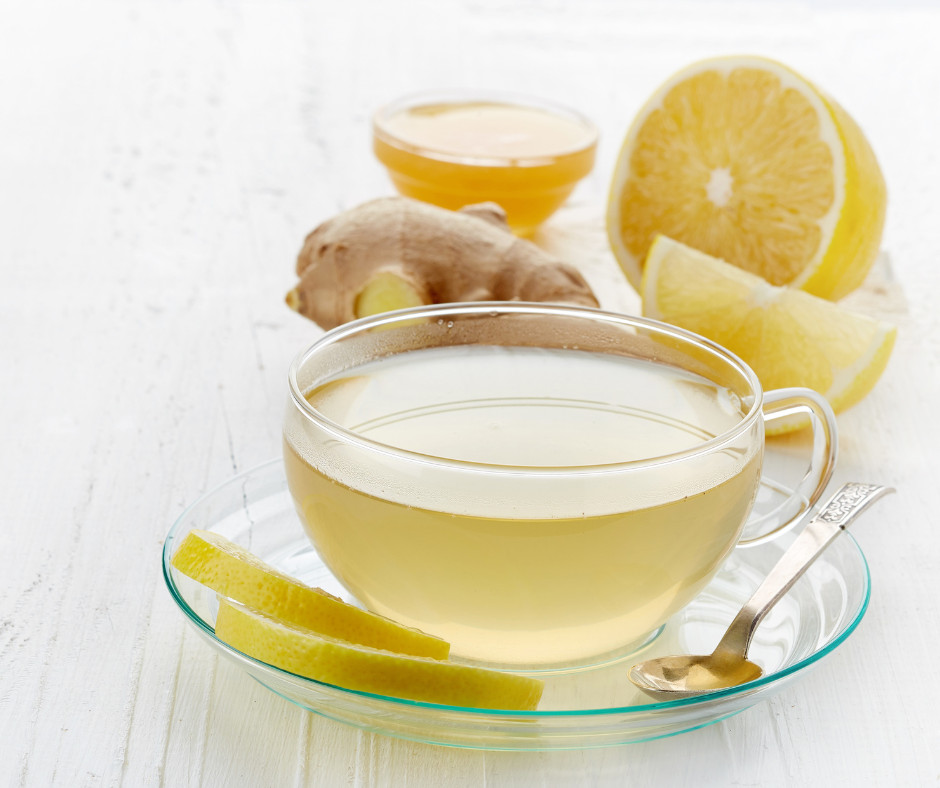





1 Comment